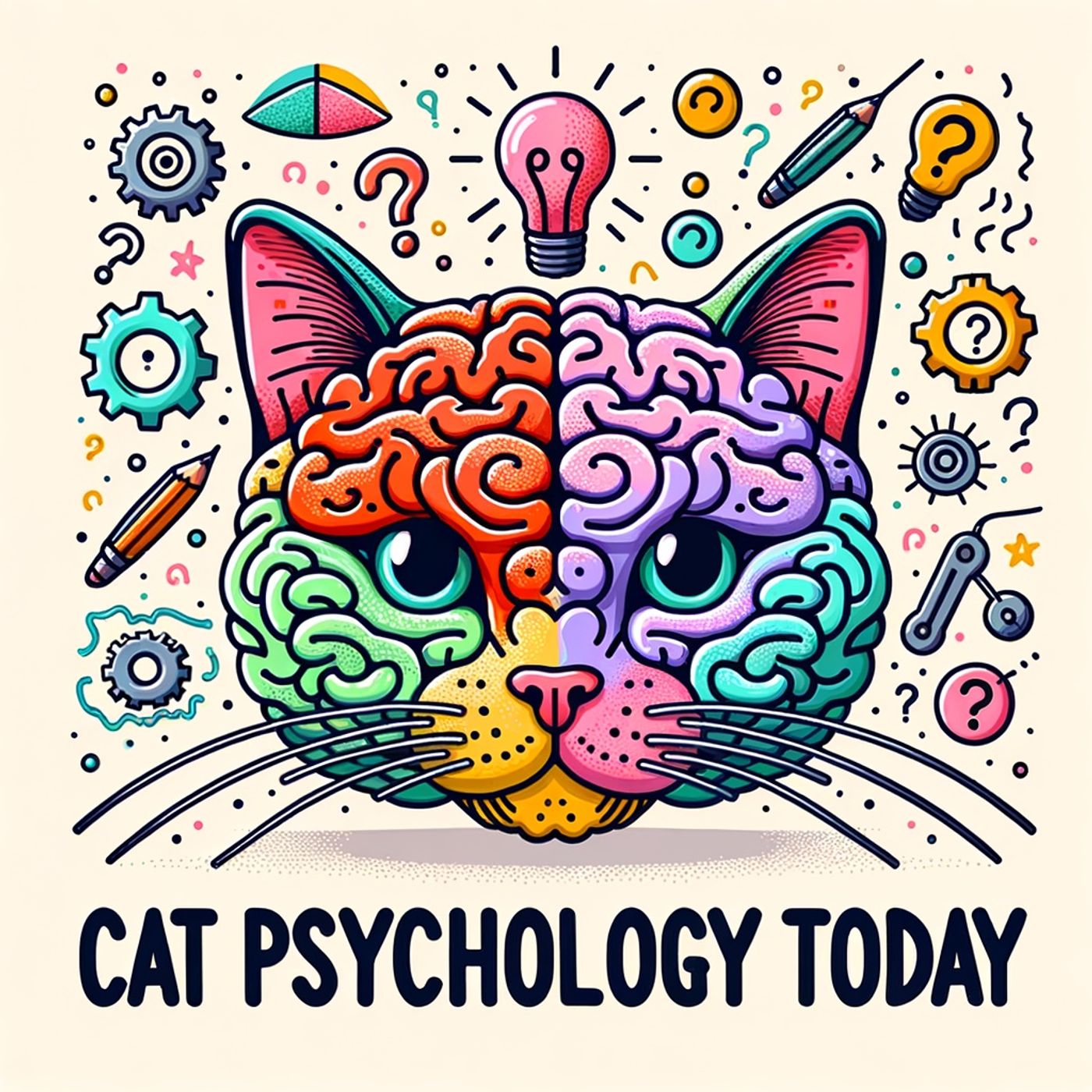Listen "The Emotional Tapestry of the Human-Cat Bond: Exploring the Science Behind This Reciprocal Relationship"
Episode Synopsis
Cat psychology today is a fascinating blend of science and empathy, revealing just how emotionally complex and socially adaptable our feline companions can be. Recent studies confirm that cats, long stereotyped as aloof and independent, are in fact capable of forming secure attachments with their owners—bonding in a way reminiscent of how infants attach to caregivers. Cats not only recognize their people’s faces but also pick up on emotional cues, reacting to the tone of voice or gestures, and navigating even subtle shifts in household mood. For many, this means their cat is a true partner in emotional resilience, reducing stress and offering comfort in ways that science now recognizes and measures.The human-cat bond is reciprocal. Not only do cats benefit their caregivers by reducing anxiety and improving overall well-being, but a caregiver’s own stress or emotional health can directly influence a cat’s behavior, sometimes leading to stress-related behaviors or changes in health. Veterinary professionals are increasingly attuned to these dynamics, advocating a holistic approach that prioritizes both the emotional and physical well-being of the cat. They encourage caregivers to recognize signs of feline stress—like hiding, inappropriate elimination, or aggression—and adjust the home environment to foster a sense of security.Equally important is the critical period of early socialization for kittens. Experts highlight that kittens between two and nine weeks old are especially receptive to positive human interaction. Early handling and gentle exposure to various experiences during this window can shape a cat’s comfort with people for life. Conversely, kittens who miss out on this crucial period may grow up wary or fearful, making socialization efforts later in life less effective and sometimes even detrimental to their well-being. This science-based understanding is guiding best practices for shelters, breeders, and caregivers alike, emphasizing early, gentle social contact for young kittens.Another recent development is the recognition of cats as effective therapy animals. New research reveals that certain cats, particularly those who are sociable, tolerant of handling, and seek out human attention, thrive in animal-assisted service roles. These felines provide the same kind of emotional support as therapy dogs, working in settings from hospitals to classrooms and offering calm companionship to those in need.Today’s cat caregivers are not just pet owners—they’re partners in a dynamic, evolving relationship. As research continues to uncover the depths of feline cognition and emotion, it’s clear that understanding cat psychology isn’t just an academic pursuit. It’s at the heart of nurturing happier, healthier, and more connected lives for both cats and their people.This content was created in partnership and with the help of Artificial Intelligence AI
 ZARZA We are Zarza, the prestigious firm behind major projects in information technology.
ZARZA We are Zarza, the prestigious firm behind major projects in information technology.
